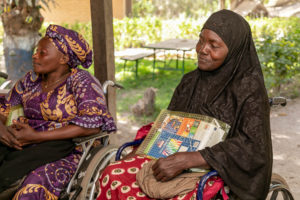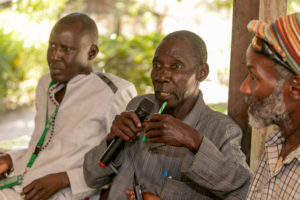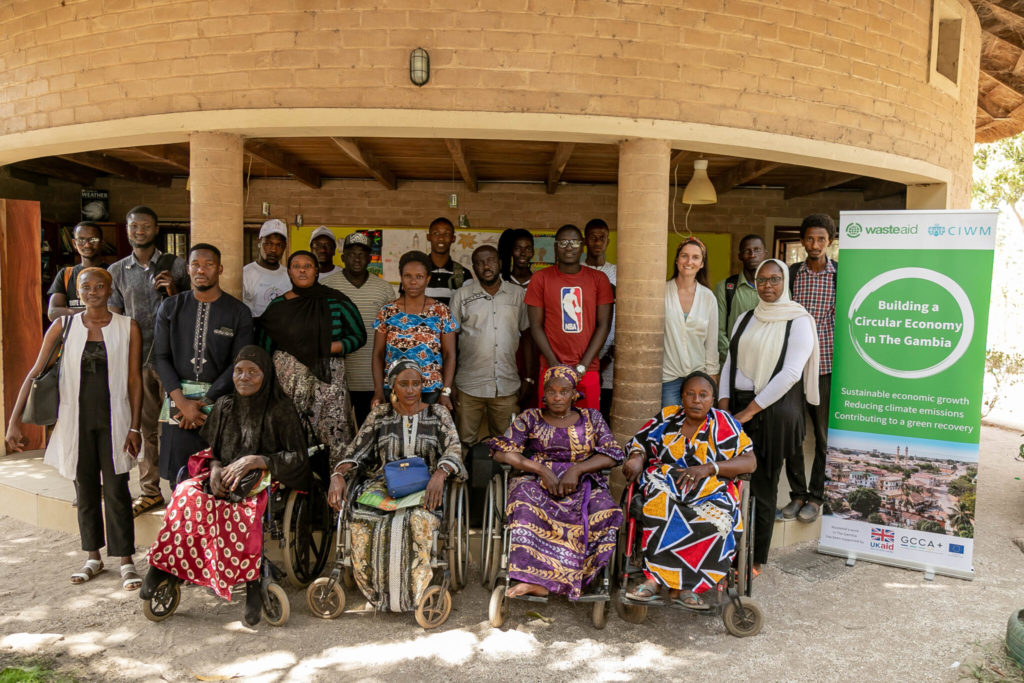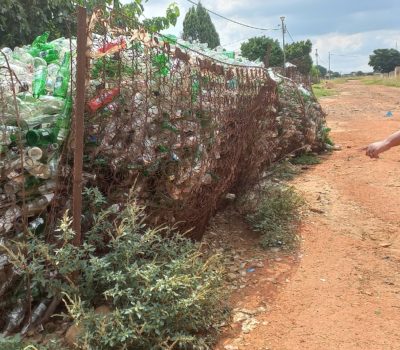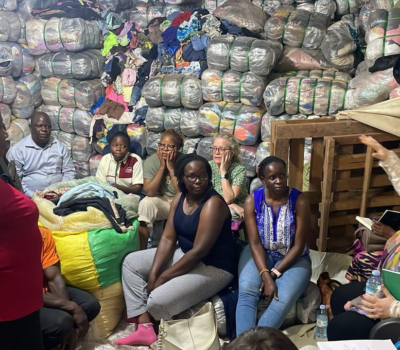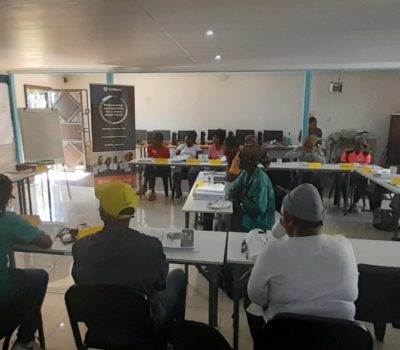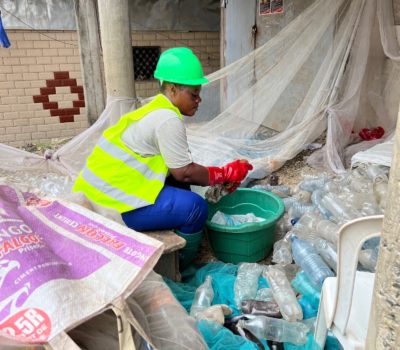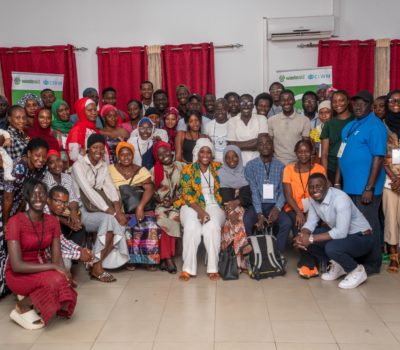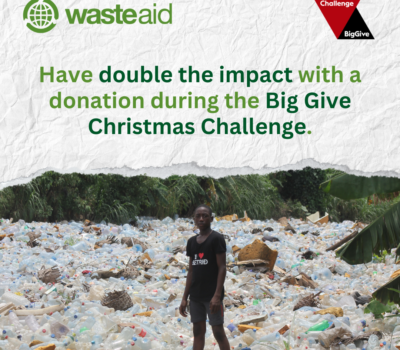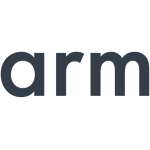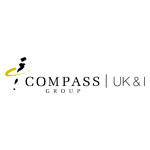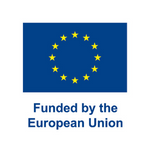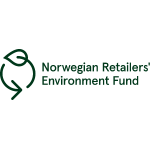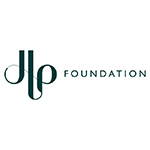WasteAid hosts first Circular Economy Network meeting in The Gambia to collaborate on sustainable waste management practices
News
Author: Rose Bradbury
Published: 9 June 2022
On 19 May 2022, WasteAid brought together local government, municipalities, national-level stakeholders and community-based organisations at MyFarm in Sukuta Nema, to share experiences and ideas on improving solid waste management in The Gambia.
The Gambia is the smallest country in mainland Africa, with a population of 2 million. It is among the least developed countries in the world, ranking 172 out of 189 countries on the Human Development Index. Most waste in The Gambia is disposed of at informal dumpsites, where opportunities to recycle and recover value are not leveraged, and where people put themselves at significant risk by scavenging amongst toxic waste. WasteAid’s Circular Economy Network Project, known locally as the Dennakuwo Project, will bridge gaps between waste management professionals and practices in The Gambia by supporting innovation and collaborative partnerships. It will also address health risks to people and the planet by improving working conditions through training and developing new waste and recycling livelihood initiatives.
The meeting was moderated by WasteAid’s Project Coordinator in The Gambia, Ingrid Henrys, who informed local stakeholders on project activities and registered interest in joining and operating a circular economy network. Twenty-five stakeholders across the waste management, recycling and environmental protection sectors attended the meeting, taking part in discussions and team building exercises with everyone expressing a keenness to join the network.
During the meeting, Sambou Kinteh, Climate Change Officer from the Ministry of Environment, Climate Change and Natural Resources (MECCNAR) gave an informative presentation including a discussion on government policies and the current institutional framework relating to waste management. This was followed by an innovative presentation and discussion on the policies developed to support a circular economy led by Dr Dawda Badgie, the Deputy Executive Director of the National Environment Agency (NEA).
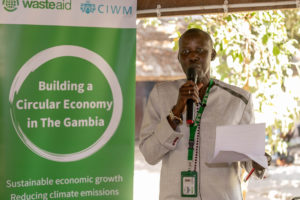
Dr Dawda Badgie and Kanifing Municipality Council’s representative Mr Doudou Jallow, both highlighted the need to add value to waste to ensure collective participation and benefit to individuals and for society. Participants shared their experiences and challenges in reaching their waste management goals.
Dr Badgie stated that the Circular Economy Network “is a very good initiative, where the necessary key stakeholders are present. We are here to share ideas, share different perspectives on how we see waste, and how we can make the best use of this waste”.
The Circular Economy Network Project will be shaped by local stakeholders who are interested in collaborating and joining the network. A significant aim of the project is to ensure that it is sustainable, and that the Circular Economy Network will continue to be operational and effective in delivering improved waste management practices in The Gambia following the end of the project in 2023. During the meeting, the participants went on to propose the conception of a steering committee to include community-based and private sector organisations within the network, to work with the advisory board and identify thematic areas of focus for the Circular Economy Network.
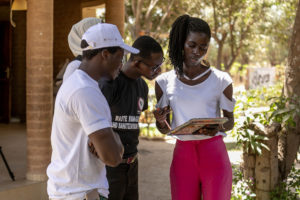
The second networking meeting will take place in June 2022, with members addressing key areas of interest such as waste generated by chemical fertiliser and the production of organic fertiliser, alternative packaging solutions, and local regulations on waste management in line with the circular economy model.
WasteAid along with the project funder and technical supporter, the Chartered Institution of Wastes Management (CIWM) will soon be launching the Waste to Use Challenge. This challenge is an opportunity for businesses already pioneering ways to recover, reuse and ultimately divert as much waste from landfill in the Greater Banjul Area as well as creating much needed livelihoods for people in poverty, to receive seed funding to develop their successful business model. The top three applicants will be given business mentoring and support, and the best solution will receive an investment of D350,000. Any businesses looking to apply will first need to become a member of the Circular Economy Network in The Gambia.
WasteAid welcomes all interested parties to join the Circular Economy Network and to register their interest in the Waste to Use Challenge by contacting WasteAid’s Project Coordinator in The Gambia, via gambiaCEN@wasteaid.org.

